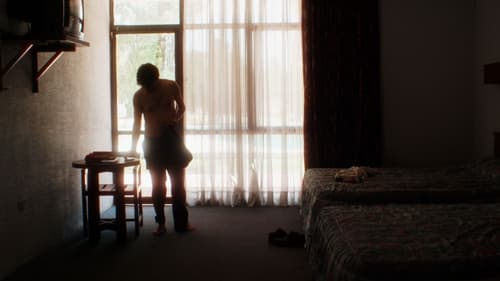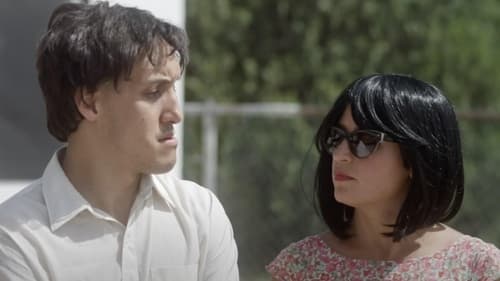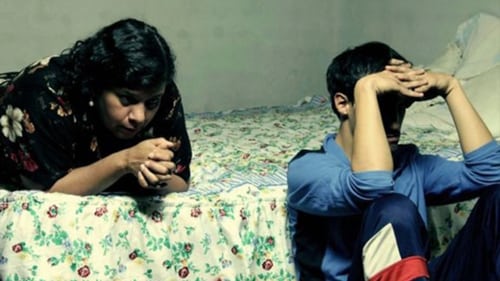
Hombre que maneja camioneta roja
A metacinematic reflection on the nature of representation and the ongoing drug war in Mexico, Nicolás Pereda’s Flora revisits locations and scenes from the mainstream 2010 narco-comedy El Infierno, exploring the paradoxes of depicting narco-trafficking on film—its tendency both to romanticize and to obscure. To screen is both to project and to conceal.

Luisa's Father
루이사와 가비노는 부모님이 있는 고향인 광산 마을을 찾아간다. 아버지의 관심은 마약 밀매업 보스 역할을 연기한, 루이사의 배우 남자친구에게 쏠린다. 긴장된 분위기를 풀기 위해 가비노는 어떤 형사와 범죄자 간의 평행 우주를 상상하기 시작한다.

Emilio
When Gabino's father returns home after a long absence, the two men awkwardly attempt to re-establish a relationship; but Gabino and his mother quickly tire of this man who has become a stranger to them and decide to kick him out, before realizing that he has already left. Gabino eventually tracks his father down and spends time with him in his rundown apartment, trying to figure out if there is any possibility for the two of them to ever truly communicate. Though Greatest Hits continues Pereda's exploration of his perennial themes of absence, masculinity and the difficulty of maintaining a family, it opens up a whole new set of aesthetic questions through a bold formal gambit: halfway through, the entire narrative reboots and starts from scratch with another actor playing one of the key characters, leading to different iterations of events already witnessed.


